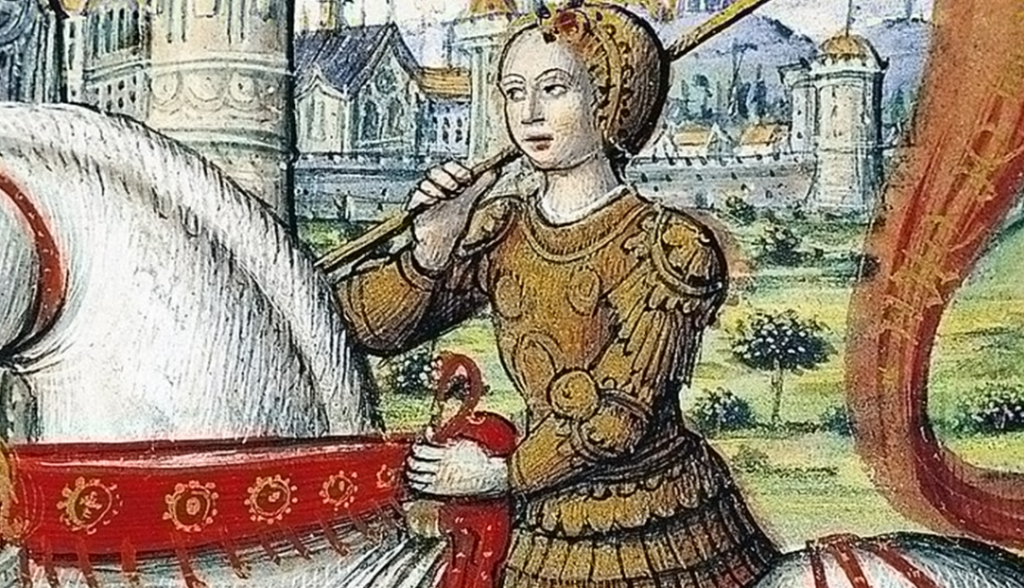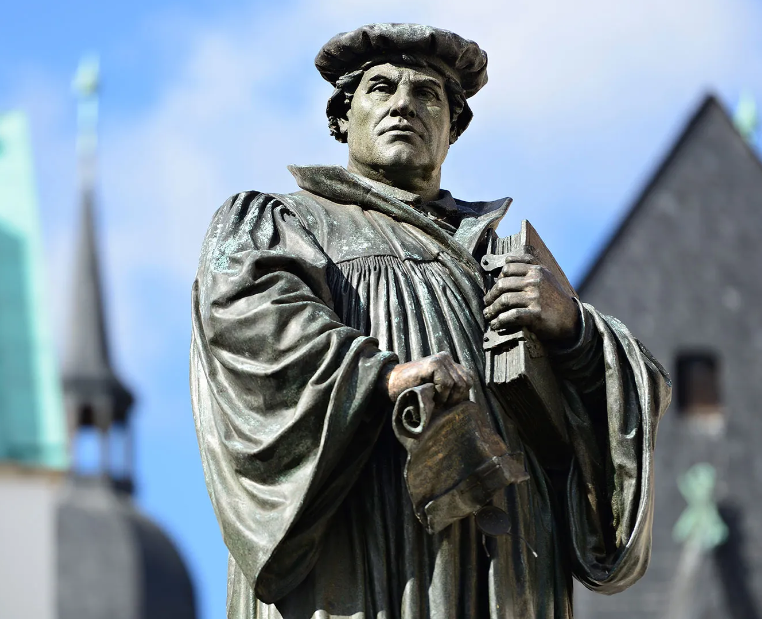Do you know about Colombia National Hero? Colombia, a vibrant nation with a rich history, is home to numerous national heroes who played pivotal roles in shaping the country’s destiny. Among these luminaries stands Antonio Nariño, a revered figure known for his unwavering commitment to freedom, justice, and the rights of the Colombian people. This article delves into the life and achievements of Antonio Nariño, shedding light on his extraordinary contributions to Colombia’s struggle for independence and his lasting impact on the nation’s legal and societal landscape.
Early Life and Background of Colombia National Hero
Antonio Nariño was born on April 9, 1765, in Santa Fé de Bogotá, a city at the heart of the Spanish colonial empire in present-day Colombia. Coming from a privileged background, Nariño received an education that nurtured his intellectual curiosity and passion for political discourse. His exposure to Enlightenment ideas and the Age of Reason had a profound influence on shaping his worldview and aspirations for a free and just society.
Political Activism
As a young man, Nariño immersed himself in politics, becoming a staunch advocate for the rights of the Colombian people. His fervent belief in the principles of democracy, equality, and sovereignty led him to actively participate in political discussions and engage in activities that questioned the oppressive colonial regime. Nariño’s writings, publications, and public speeches became powerful tools for disseminating his progressive ideas, which resonated with many like-minded individuals.
Role of Colombia National Hero in the Independence Movement
The spark of revolution ignited in Colombia, fueled by the ideals of liberty and self-determination that were spreading throughout the Americas. Nariño, recognizing the urgency for change, emerged as a key figure in the early stages of Colombia’s struggle for independence from Spanish rule. He played a pivotal role in organizing resistance movements, advocating for armed struggle, and mobilizing support from different regions of the country. Nariño’s relentless determination and strategic thinking were instrumental in galvanizing the Colombian people’s spirit of rebellion.
Colombia National Hero: Imprisonment and Exile
However, Nariño’s audacious efforts did not go unnoticed by the Spanish authorities. In 1794, he was captured and imprisoned for his subversive activities against the colonial regime. During his incarceration, Nariño endured hardship and isolation, but his spirit remained unbroken. Eventually, he was sentenced to exile, marking a new chapter in his life of relentless dedication to the cause of Colombian independence.
Contributions to Colombian Law
While in exile, Nariño had the opportunity to witness the revolutionary fervor spreading across Europe. Inspired by the new ideas taking root in the aftermath of the French Revolution, he became deeply interested in legal systems and constitutional governance. Nariño meticulously studied various European constitutions, which laid the foundation for his monumental work, “The Common Sense of the Revolution of the United States.” This influential text became a blueprint for a democratic Colombia, advocating for a separation of powers, individual liberties, and the rule of law.
Legacy and Recognition as Colombia National Hero
Antonio Nariño’s legacy reverberates throughout Colombian history. His unwavering commitment to freedom and his profound impact on the nation’s legal system earned him the admiration and respect of generations to come. Nariño’s contributions as a philosopher, politician, and intellectual giant continue to shape Colombia’s democratic foundations.
Significance of Colombia National Hero
Antonio Nariño’s significance extends beyond his pivotal role in Colombia’s struggle for independence. His ideals and principles remain relevant in contemporary Colombian society, serving as a moral compass for navigating challenges and advancing the cause of justice and human rights. Nariño’s relentless pursuit of freedom and equality serves as an inspiration to current and future generations.
Influence on Colombian Society
Nariño’s influence is felt in various spheres of Colombian society. His advocacy for education, freedom of the press, and the pursuit of knowledge has left an indelible mark on the country’s intellectual and cultural landscape. Nariño’s belief in the power of education as a catalyst for progress continues to shape Colombia’s educational policies and institutions, ensuring access to knowledge for all citizens.
Impact on Human Rights
Antonio Nariño’s unwavering commitment to human rights laid the foundation for a more inclusive and just society in Colombia. His emphasis on individual liberties, equal rights, and the rule of law has provided a framework for protecting and promoting human rights in the country. Nariño’s vision of a society where justice prevails and human dignity is upheld remains a guiding principle for human rights activists in Colombia.
Antonio Nariño’s Ideals and Values
Nariño’s ideals and values revolve around the principles of liberty, equality, and justice. His unwavering belief in the inherent rights of individuals and the necessity of democratic governance has shaped Colombia’s collective conscience. Nariño’s unwavering commitment to these principles serves as a reminder of the enduring power of ideas and their ability to inspire change.
Comparison to Other National Heroes
Colombia boasts a pantheon of national heroes who have contributed to the nation’s progress and identity. When comparing Antonio Nariño to these illustrious figures, his unique contributions to the legal and intellectual landscape stand out. While others may have led military campaigns or held political offices, Nariño’s intellectual prowess and his role as a visionary advocate for human rights make him a distinct and influential figure in Colombian history.
Colombia National Hero’s Contemporary Relevance
Antonio Nariño’s ideas and values continue to resonate with contemporary Colombian society. In an era marked by social and political challenges, Nariño’s call for equality, justice, and democratic governance remains relevant. His teachings offer guidance and inspiration in navigating complex issues, fostering unity, and working towards a more inclusive and prosperous Colombia.
Conclusion
Antonio Nariño, Colombia’s national hero, occupies a cherished place in the hearts of the Colombian people. His unwavering commitment to freedom, justice, and human rights has left an indelible mark on the nation’s history and collective consciousness. As Colombia continues its journey towards progress, the spirit of Antonio Nariño serves as a constant reminder of the transformative power of ideas and the enduring pursuit of a just and democratic society.
FAQs (Frequently Asked Questions)
1. What were Antonio Nariño’s major accomplishments?
Antonio Nariño’s major accomplishments include his pivotal role in Colombia’s struggle for independence, his contributions to Colombian law and governance, and his unwavering commitment to human rights and social justice.
2. How did Antonio Nariño influence Colombian society?
Antonio Nariño influenced Colombian society through his advocacy for education, freedom of the press, and individual liberties. His ideas and principles continue to shape Colombia’s intellectual, cultural, and educational landscape.
3. What is Antonio Nariño’s legacy?
Antonio Nariño’s legacy is characterized by his profound impact on Colombian history, his enduring influence on the nation’s legal system and human rights, and his status as a revered national hero.
4. How does Antonio Nariño compare to other Colombian national heroes?
While other Colombian national heroes may have played military or political roles, Antonio Nariño’s unique contributions lie in his intellectual prowess, advocacy for human rights, and his vision of a just and democratic society.
5. Why is Antonio Nariño still relevant today?
Antonio Nariño’s relevance today stems from the enduring nature of his ideas and values. In a world facing challenges of inequality and injustice, Nariño’s call for equality, justice, and democratic governance remains pertinent and inspiring.
References
- Bushnell, D. (1993). The Making of Modern Colombia: A Nation in Spite of Itself. University of California Press.
- Osterling, J. P. (1983). Democracy in Colombia: Clientelist Politics and Guerrilla Warfare. Transaction Publishers.
- Palacios, M. (2010). Between Legitimacy and Violence: A History of Colombia, 1875-2002. Duke University Press.

